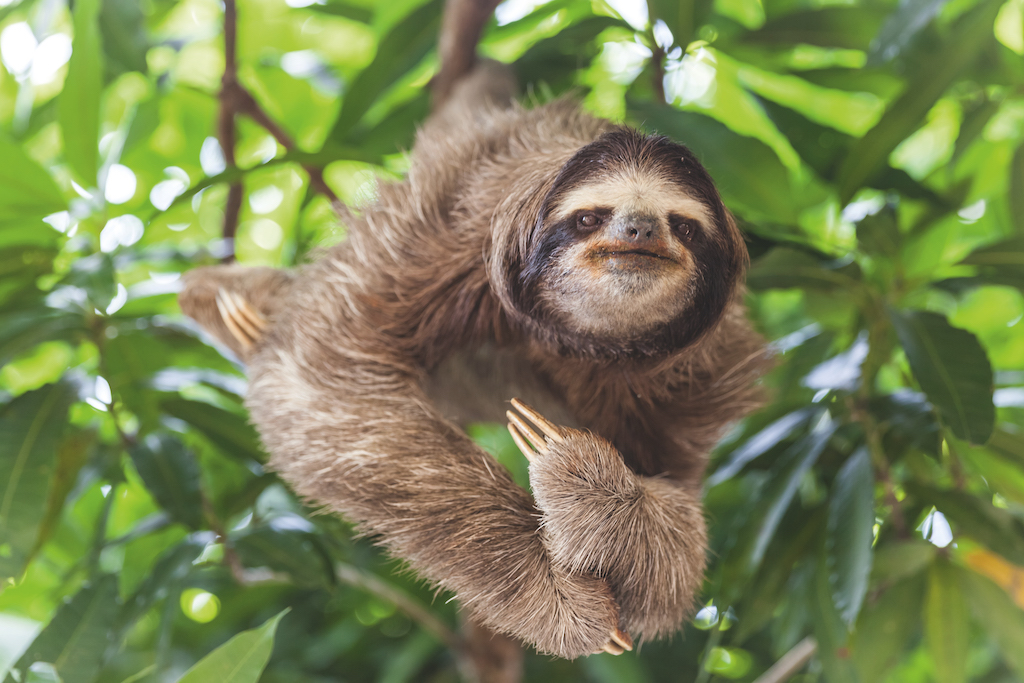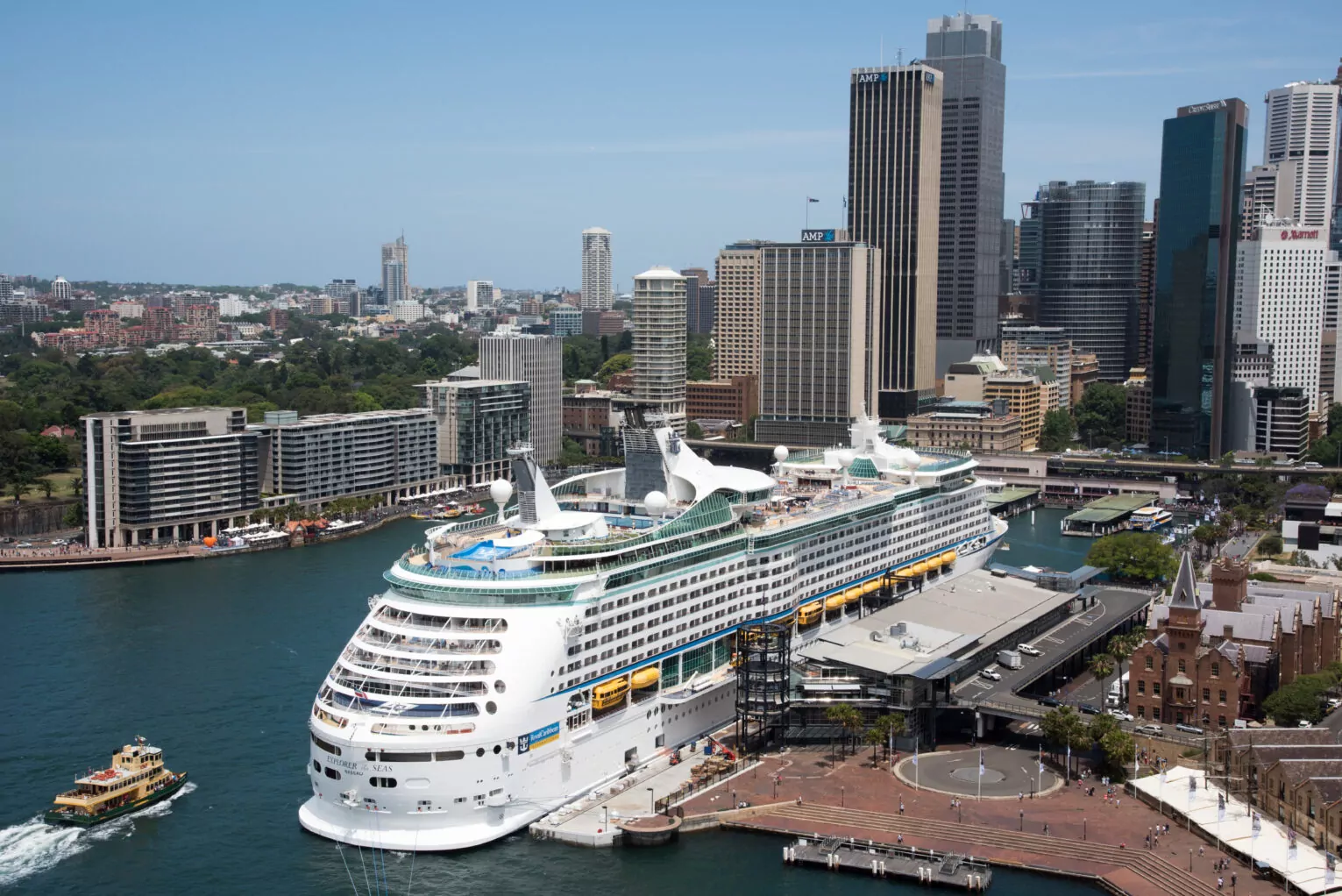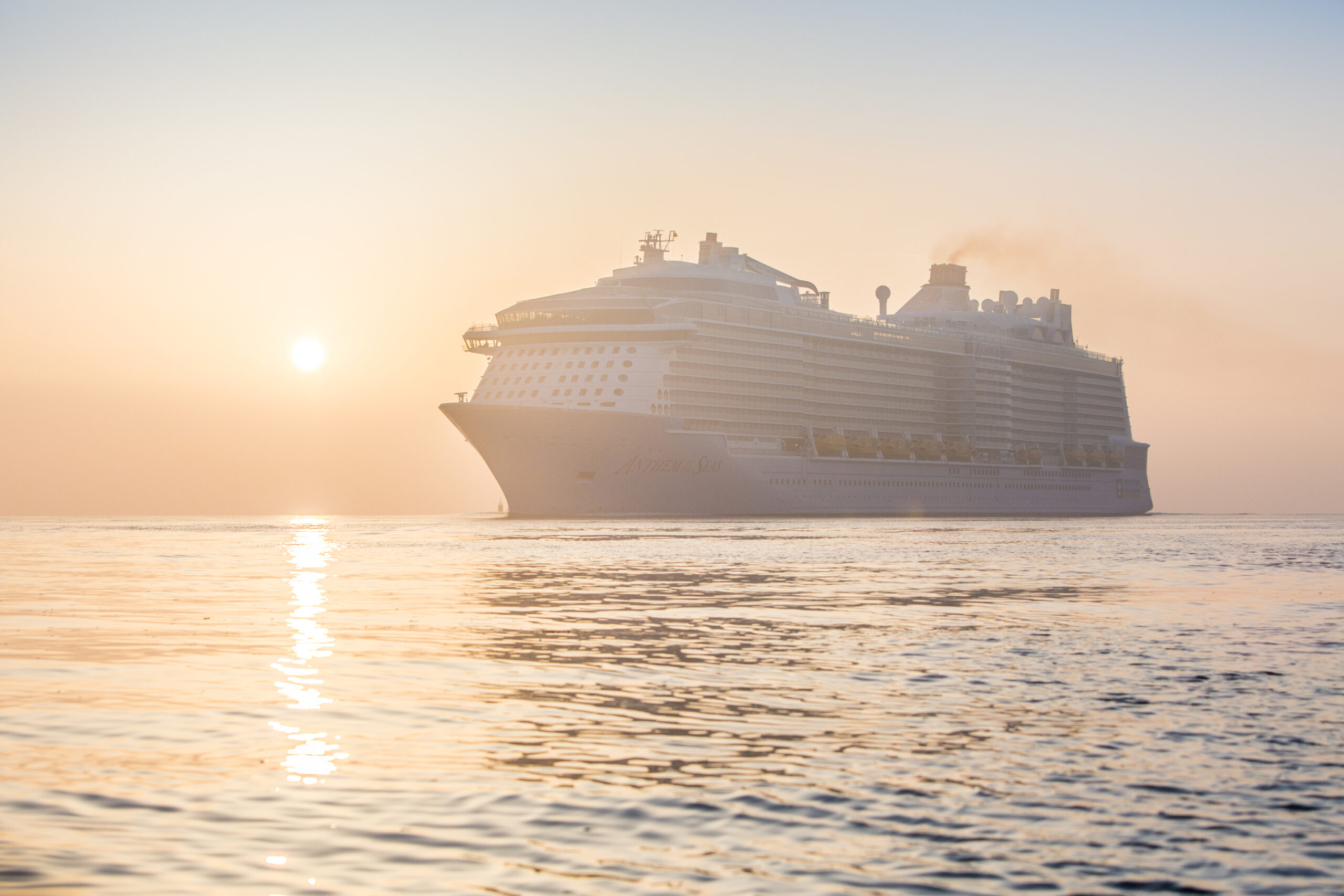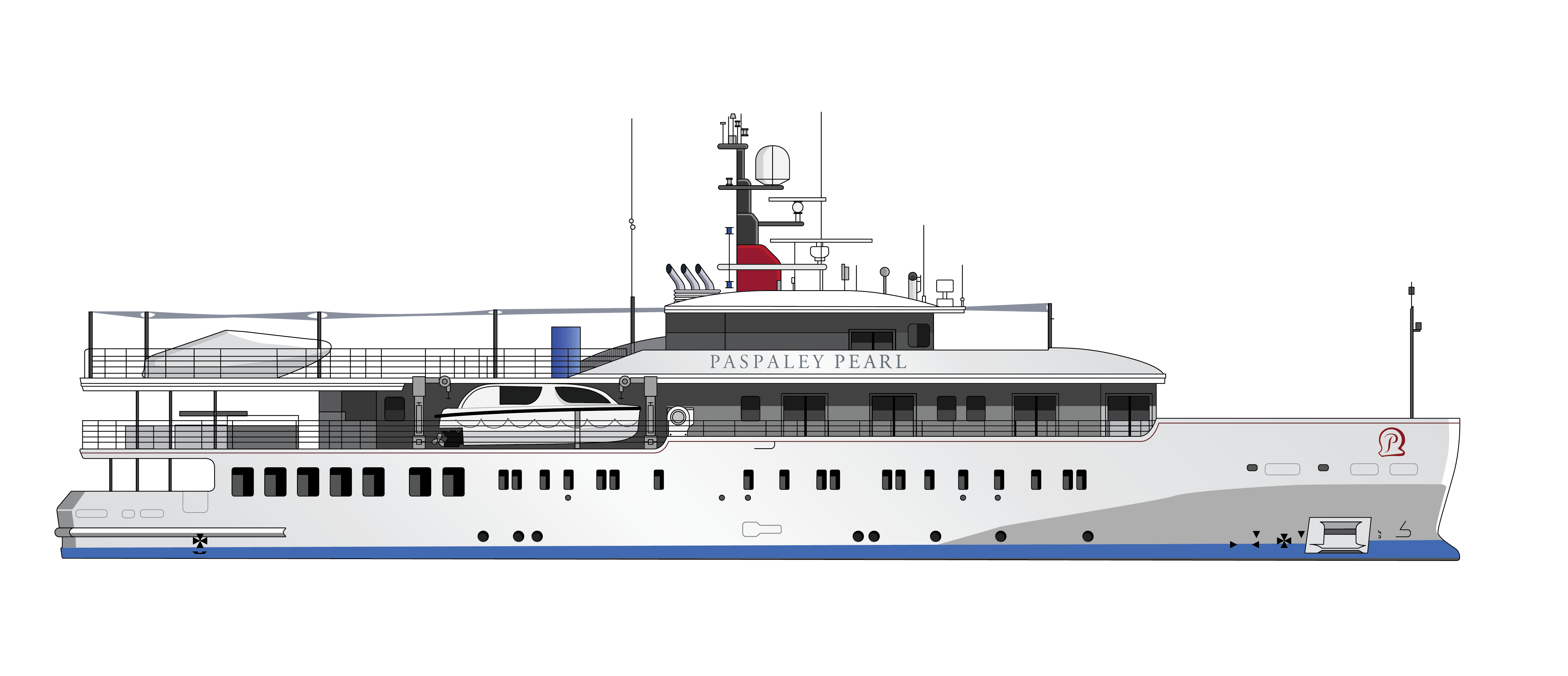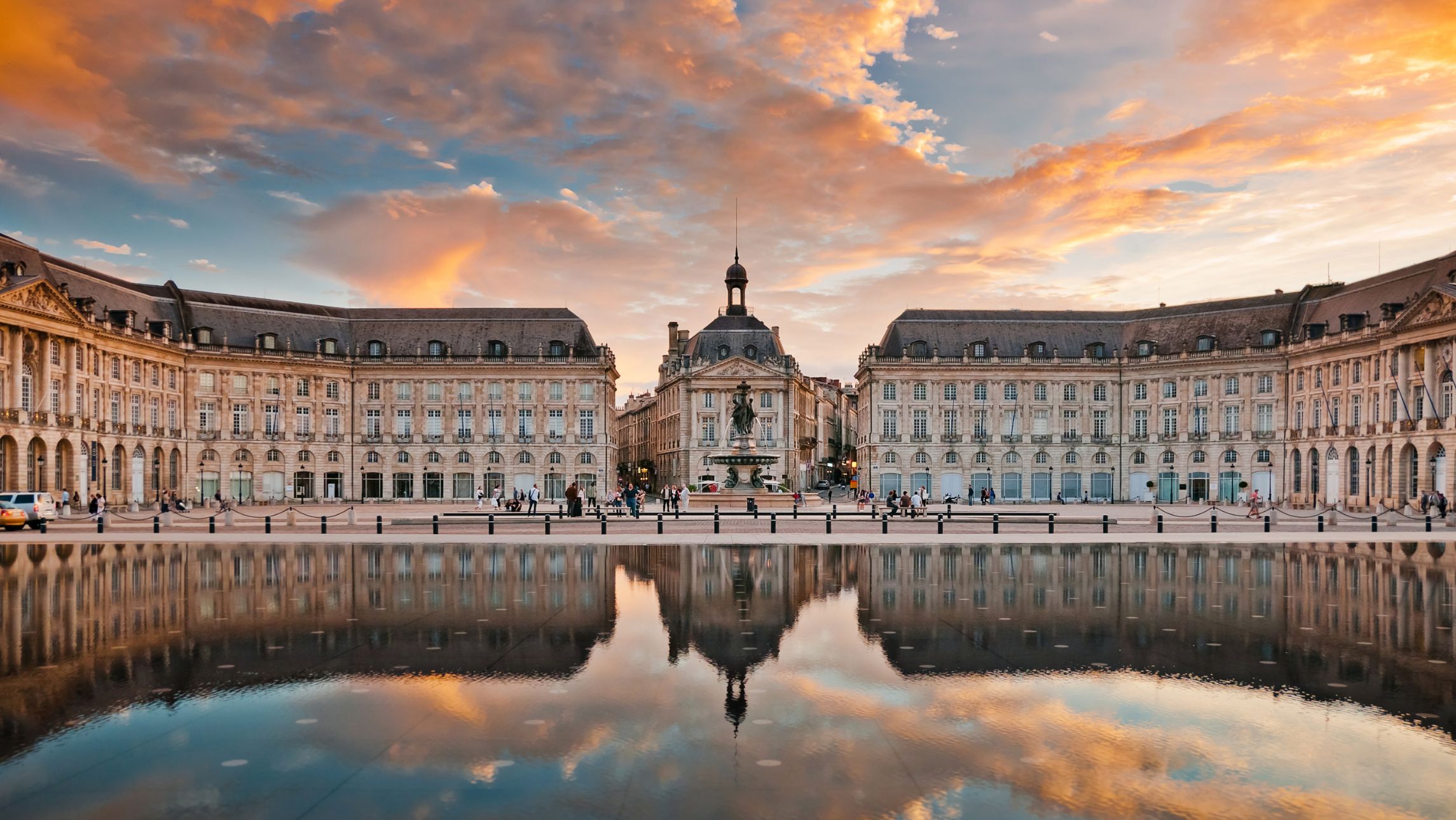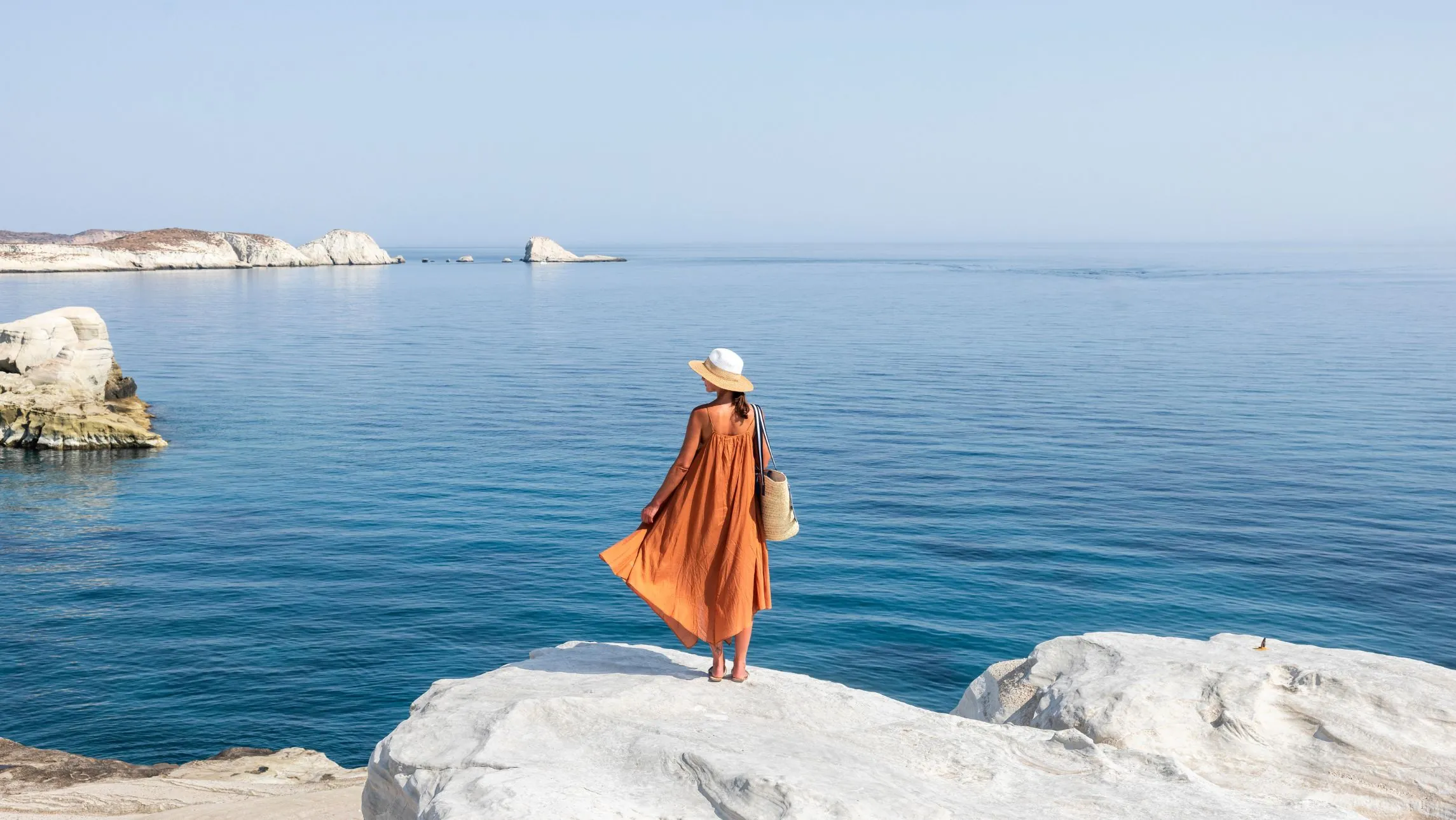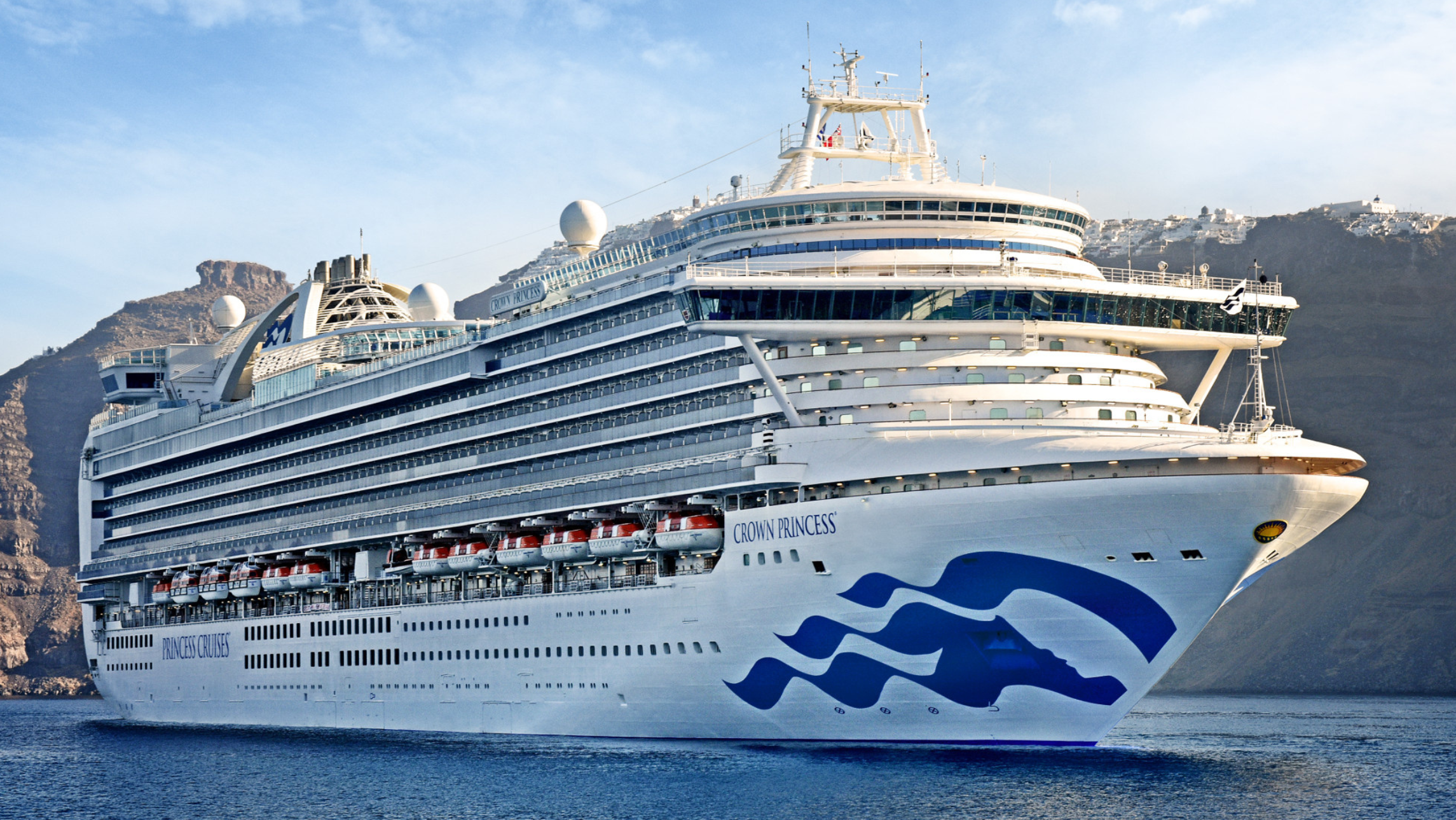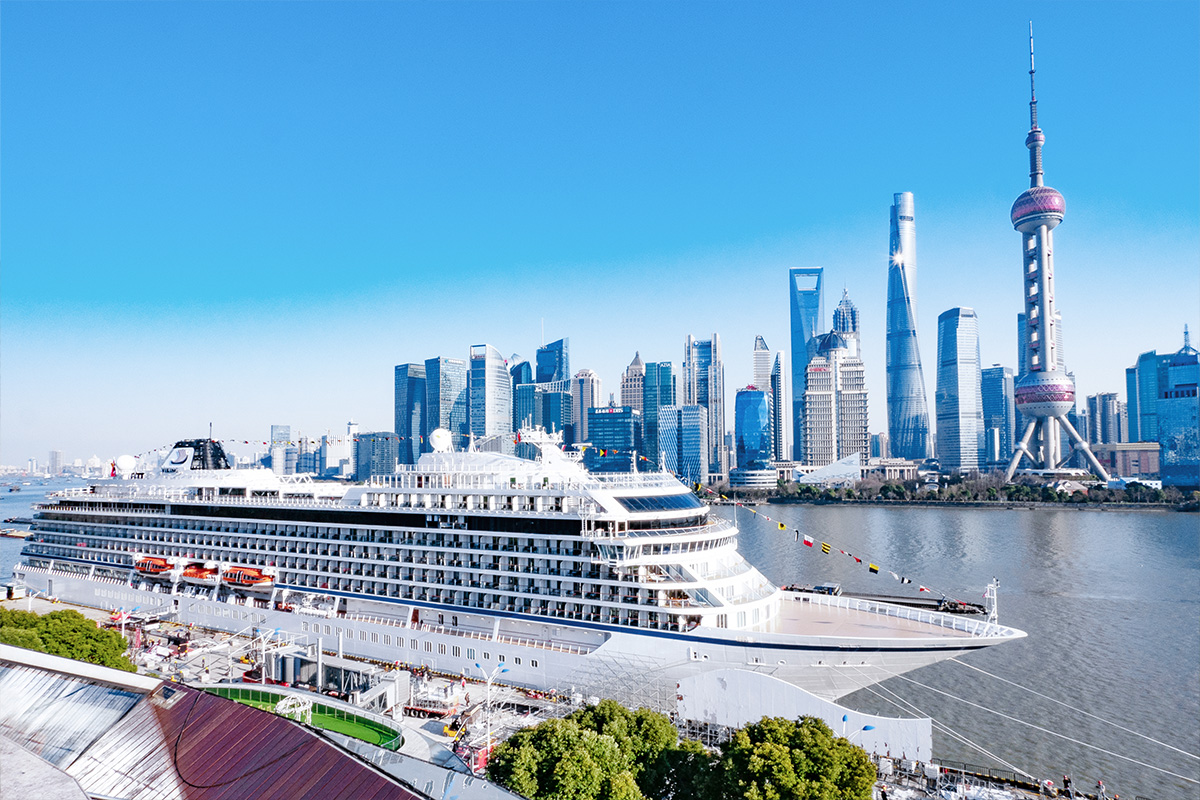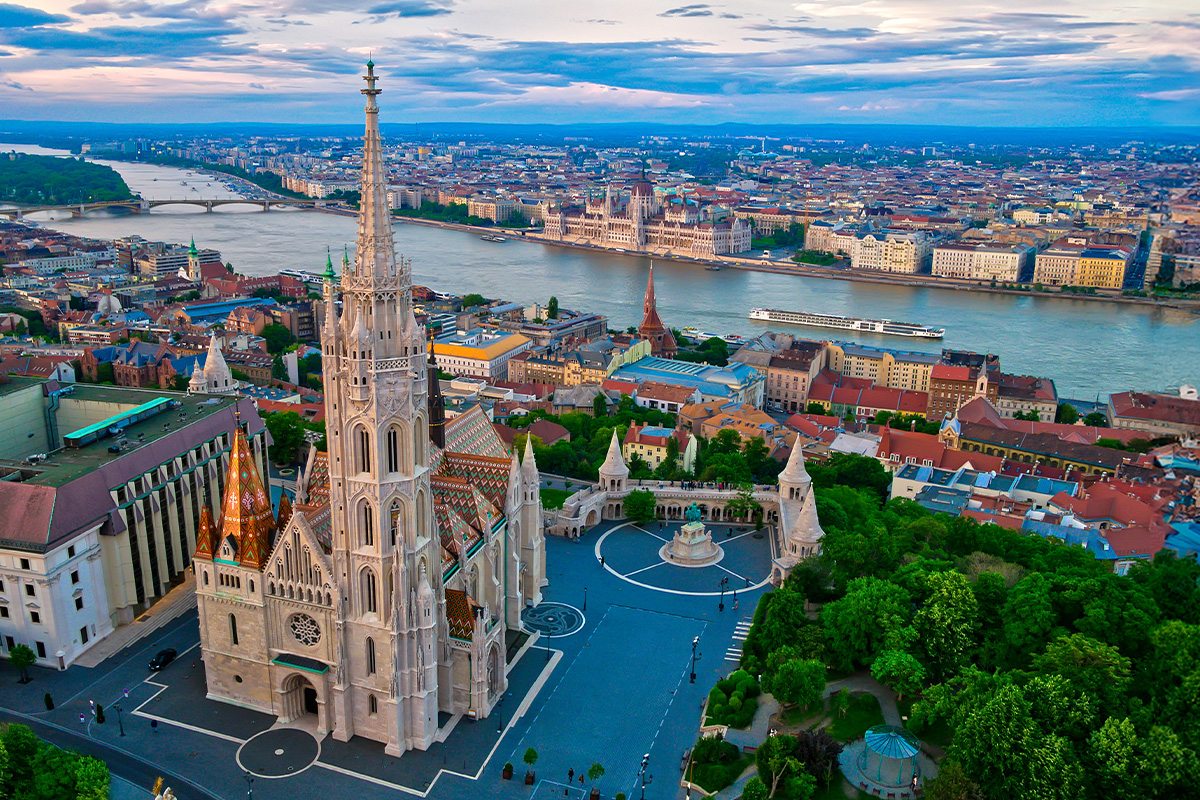Pop onto YouTube and type in “sloth” and you will discover the incredibly sad plight of one of the world’s cutest creatures.
In a fast-paced world, the sloth is world’s slowest mammal. And that comes with a lot of dangerous disadvantages.
Just crossing the road is problem when you travel at no more than 38 meters in a single day. And, on the rare occasion that they find themselves at ground level, they crawl only 30 cm per minute.
“Due to an increase in deforestation and urbanisation, sloths are being forced out of their natural habitat and need to take more risks to survive,” says a line spokersperson.
“They are also one of the world’s slowest animals, so they sadly become more vulnerable to dog attacks, car strikes or poaching.
“We can all help to prevent deforestation by saving energy, planting trees, and recycling as much as possible, as well as donating or sponsoring projects that look after the wildlife.
“Educating the next generation and empowering them will really make a difference to the planet.”
The sloth has another problem – it’s facial make-up means it looks as if it is constantly smiling and contented. So it has become popular for selfies – even though this may upset the animal.
Many people offering wildlife selfies in the Amazon search treetops for sloths to steal.
These typically calm, gentle animals are being snatched from their natural habitats and repeatedly passed around from tourist to tourist.
World Animal Protection has launched a selfie code and Instagram. They act as a page warning that images of animals on its site may not be what they seem.
Visit a sanctuary for sloths in Puntarenas, Costa Rica, to meet sloths that have been orphaned or injured or have lost their habitat due to deforestation. Guests a close-up look at these fascinating animals as they are rehabilitated.
“By promoting the tour to our guests and taking them to visit the sanctuary we can help in the education of the dangers that sloths face in the near future. Every time the tour is conducted a tree is also planted in a nearby forest reserve to help with the re-forestation efforts,” says the line.
“To save sloths, we must first save their ecosystem, and when we do, we help every other species that depends upon it.
“It all starts with the trees. Saving sloths could save people too — thanks to a veritable ecosystem of fungi living in their coats.
“The research, published in the scientific journal PLoS One, says that sloth hairs contain compounds that can be used against bacteria, breast cancer cells and the parasites that cause malaria and Chagas’ disease.”

